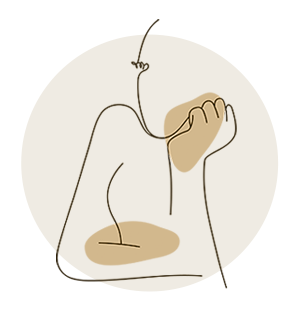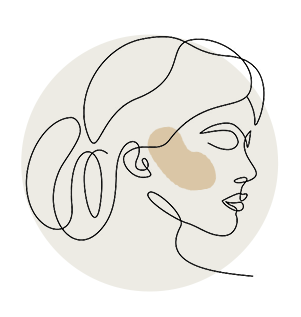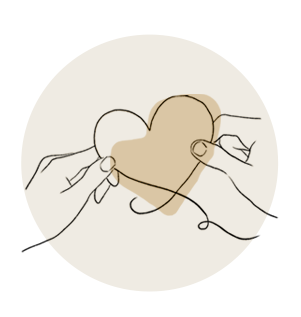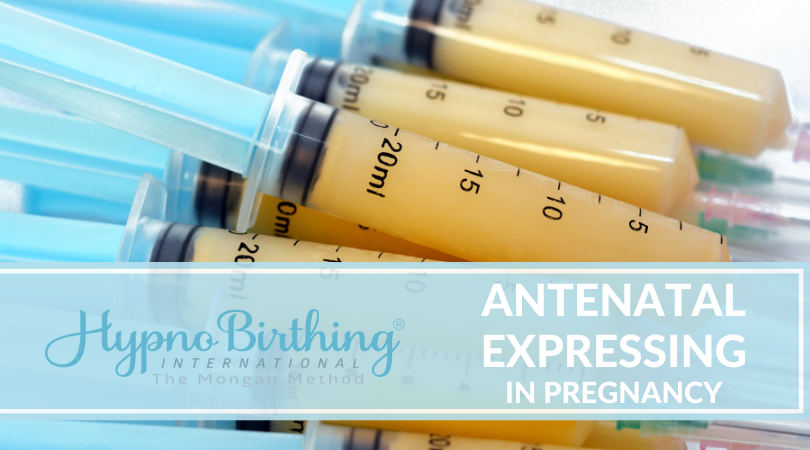Too many mothers are being led to believe that their babies are ‘big’, and may need intervention or c-section early to ensure that their baby is safe.
Let’s look at the facts, and put mums at ease once and for all!
Whilst predictions can be made, and it can be assumed that a baby is big, no one really knows the size of the baby.
Often when a mother is measuring large for her dates, it is suspected that a baby may be bigger than normal. Usually a mum will be sent for an ultrasound to have a look at how large the baby ‘might’ be. This is not accurate, and in fact there can be a difference of 10-15% per cent between the ultrasound measurements and the actual weight of the baby at birth. Ultrasound results are very unreliable.
The average newborn weight is about 3.4 kilograms (kg) / 7 pounds (lb) 8 ounces (oz). Babies weighing more than 4.5kg/ 9lb 15oz at birth are considered much larger than average or ‘macrosomic’. But only post-birth weight really confirms this.
There are a number of reasons why some babies are larger:
• Their Parents are Big People – parents that are very tall, or large can have larger babies
• Weight Gain During Pregnancy – gaining too much weight during pregnancy can have an effect on the size of the baby
• Gestational Diabetes – unmanaged high blood sugar levels can have an effect on the babies size.
A 2005 study found that 88 per cent of women who went into labour expecting a large baby managed to have a vaginal delivery.
In 1996, a very important study published in the Journal of the American Medical Association found that a policy of elective C-sections for all big babies was not cost-effective and that there were more potential harms than potential benefits (Rouse et al. 1996).
It is not unusual to hear from women that have felt bullied into induction of labour or a caesarean, only to find post-birth that baby is in the normal weight range. How does this happen?
It is so important as a pregnant mother to make educated and conscious choices for your baby and your birthing day. Should your Obstetrician, Midwife, or health care provider suggest that you should have an early induction or caesarean, you need to know if there are other about the potential risks associated with a caesarean delivery. It is important not to be led toward intervention, when there isn’t a ‘real’ medical condition.
Research has consistently shown that the care providers perception that a baby is too big is more harmful than the actual big baby itself.
Using the BRAINS questions will give you an opportunity to find out your options. Asking your health care provider these question about the introduction of intervention or caesarean delivery will help you decide on what is best for your baby.
B – What are the Benefits?
R – What are the Risks?
A – What are the Alternatives?
I – What are my instincts telling me?
N – What are we do nothing?
S – Please give us space to discuss and decide?
It is so important to find out the ‘why’s’ of what is being suggested to you. According to the Royal College of Obstetricians and Gynaecologist, inducing labour early doesn’t have any proven benefit for you or your baby, and could lead your birth into a cascade of intervention that is unnecessary and unsafe.
This set of questions are a great tool to take to the birth with you. Using these questions, will help ensure that your birth is led in a direction that is safe, and that intervention is only used when there is a ‘real’ medical indication of a special circumstance.
Your body and your baby are designed perfectly to work together in birth. First and foremost, you need to TRUST in your body.
Let’s look at the facts
In summary for Non-diabetic mums
- Careproviders and ultrasounds are consistently inaccurate when it comes to predicting the weight and size of babies. They will be right only 30% of the time. (Gonen (1997) was the largest study included in the Cochrane review)
- If a careprovider thinks you are going to have a big baby. This thought is more harmful to mother and baby, as it may lead to managing your care in a way that triples your risk of c-section.
- C-sections for big babies are likely to do more harm than good for most women.
- Macrosomia is rare, and unless there are other presenting indications for concern (like higher blood glucose levels), the suspicion of a larger baby could cause more harm than good.
In summary for diabetic mums ( or mums with gestational diabetes)
- Ultrasounds are slightly more accurate at predicting a big baby, but only because these mothers are more likely to have a larger baby. The results are still not accurate.
- Treatment for gestational diabetes (like dietary changes, medication and glucose monitoring) drastically lowers the chance of having a big baby or shoulder distocia.
- C-sections for big babies are likely to do more harm than good for most women.
- Does Gestational Diabetes automatically mean a big baby? NO
- Does Gestational Diabetes automatically mean an induction is necessary? NO
- Find a care provider that you trust will give you every opportunity to have the most natural and safest birth, without jumping to intervention unless there is a medical concern for baby.
Birthing a large baby can ‘sometimes’ be more challenging. But not always. Don’t be bullied into intervention for a suspected hinch by your health care provider. Do your research, and trust in your body and baby. It knows exactly how to birth your baby, no matter the size. No one really knows the size of your baby, so don’t be led down the wrong path by someone that is only making suggestions based on a prediction. Always use your BRAINS to look at all your options.
Going into labour spontaneously reduces the risk of post birth bleeding. Keeping relaxed during birth allows the body to work efficiently, and keeping your body relaxed (particularly your perineal area) during the birthing faze, reduces your chances of tearing, no matter the size of your baby. Pushing hard, and tightening the sphincters around the baby are what causes tearing.
Find out from your local HypnoBirthing Practitioner how to ‘Breathe your baby into the world










